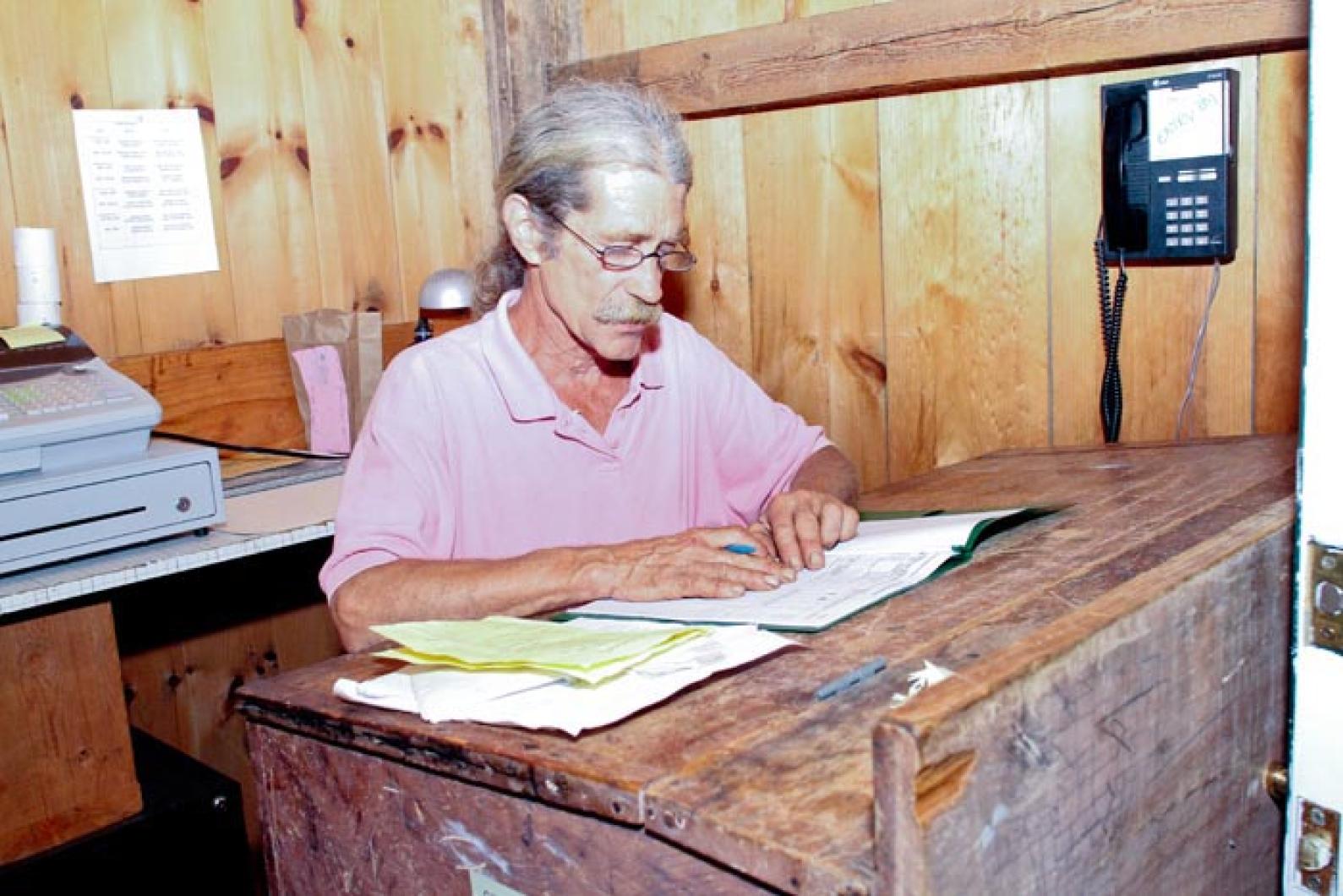In 1967 and 1968, here on the Vineyard, I began to prepare myself to meet the epic sea change that is the Occupy Wall Street Movement today. Those years began a 43-year course in what is possible in this life we live together on earth.
It has been an uninterrupted series of lessons on the power of beauty, on right and wrong, on the limitlessness of love, on the authority of compassion, and on the depth of the grief we must embrace for all that we have destroyed and lost over the last 150 years.
That loss has been a gigantic mistake. A mistake of this magnitude can never be repeated. We have nothing left to lose or destroy now but life itself. But compassion will not allow that, so in the year 2011 the voice at the heart of the world has demanded, “Enough. Stop!”
Can an argument be raised against the demands of the Egyptian people back in January and again now, or the demands of the Spanish people in May or the themes of the Occupy protesters’ worldwide? Show me a functioning ecosystem anywhere on earth in which a small minority of creatures consumes the vast majority of life-giving resources. Point to a healthy self-sustaining ecosystem where only a few members have the freedom to achieve full self-expression at the expense of non-fulfillment for the rest. It does not exist anywhere on earth.
Can one argue that humans have climbed above the laws of nature that created our species and can sustain themselves in opposition to those laws? All the evidence of the last 5,000 years will not support that argument.
So the fateful moment in human history is now upon us. We must decide. Everything that exists does so by way of cooperation. Except humans — and we are not doing well. Now we each must decide if life is worth living. If you decide that it is, then you have two choices. Defend life for the whole human community, all of our exquisite companions and the earth our only home. Or defend life for a small corner of humanity and a few garden enclosures. The second choice is suicide for all — and will not stand.
If you are tempted to think that the Island of Martha’s Vineyard is unique and can long resist the demand for this decision, beware, the evidence does not support that possibility. Living on an Island only makes us more dependent on each other and on the whole of which we are only a small part. It occurs to me that by encouraging ourselves to fully experience the massive grief appropriate to all that we have lost in cultural, social, natural and qualitative capital — we can help to fertilize the future. As a farmer and compost maker who works to encourage the alchemy that creates good compost and stable soil, I suspect that we can do the same with our hearts. We can work to fulfill our responsibility to strengthen our chance for a future.
Chris Riger is a farmer and compost maker who was a documentary filmmaker for 23 years. He lives in West Tisbury.




Comments
Comment policy »